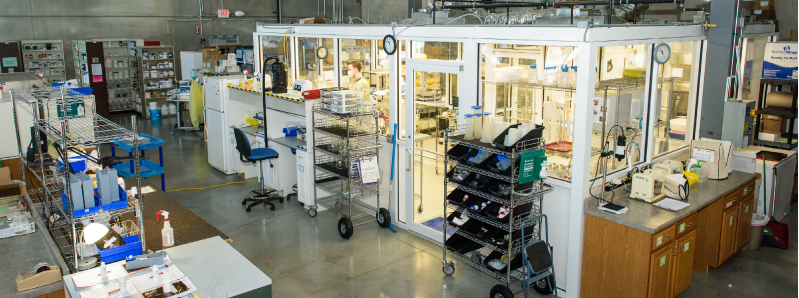The Medscape* headline reads,“‘GROWING CONCERN’; INCORRECT DOSES OF COMPOUNDED LEVOTHYROXINE.”
Levothyroxine is also known as T4 (Trade Name is Synthroid), used in treating thyroid issues. Liothyronine is T3 (Trade Name is Cytomel).
How did the authors study the “Compounded Levothyroxine” products?
“Among the 12 samples, including six from pharmacies and six from student pharmacists, the authors found that in individual product assays on days 3, 6, 13, 20, 27, and 34, there was considerable variation, ranging from 12% to 47% (mean 26%), from the stated label strength.”
Sounds terrible, right? How could ANYONE trust a compounded preparation that might be as much at 47% in error (that a 20 mcg dose might be as high as 29.4 mcg or as low as 10.6 mcg)? The maximum error range for FDA approved drugs is plus or minus 10%. The compounded thyroid preparations in question would not meet FDA guidelines.
Toward the article’s END, the author reveals that they were checking LIQUID formulations, “…11 of the formulations were water-based, and one was oil-based.” It is important to note that there are NO water-based liquid Levothyroxine products on the market. The primary reason is that Levothyroxine is not stable in water. The shelf life would be too short to even get the products on the pharmacy shelves before they would expire.
Let’s reiterate. Levothyroxine is NOT STABLE when mixed with water preparations. In real life, a patient might need to incorporate their thyroid pill with a liquid – even water – to administer it (difficulty swallowing or through a tube). Water doesn’t immediately destroy levothyroxine. It takes a few days – so mixing with water when it’s being swallowed is not a problem. Almost everyone swallows their pills – even thyroid – with a glass of water.
This article is an attack on compounded Levothyroxine (T4) preparations – as if the act of compounding is inherently flawed and dangerous. The truth is far different – and the results are significantly better than is suggested in this biased story – that masquerades as a report on a scientific study.
Quality compounding pharmacies have the raw thyroid materials tested by a third-party laboratory instead of depending on the chemical company’s report that sells it to them. Because thyroid doses are in the microgram range (exceptionally small), the pharmacist mixes raw Levothyroxine powder with another powder (diluting to 1 to 1,000) and again sent off to a testing laboratory for evaluation. The compounding pharmacist uses the results of those tests to calculate the amounts to use for each prescription.
Additionally, samples of the final preparations are randomly selected, and AGAIN sent out for testing. At no time does a patient receive a compounded product that wasn’t tested to demonstrate it contains what the label says it does.
The final tested potency of compounded preparations is usually in the plus or minus 5% range, which is superior to the most stringent authority values – the FDA. Yet, this article makes an effort to suggest compounded Levothyroxine (and in like manner, other compounded preparations) are possibly inaccurate. Their innuendo implies that compounded medicines are, therefore, inherently imprecise, which is demonstrably false.
I suggest the authors of the study discussion think about doing a similar investigation of preparation that a compounding pharmacist would make instead of merely hypothetical. Levothyroxine liquids do not meet that criterion, and publishing an accusatory article does little to promote proper procedures and quality preparations.
The “Gowing Concern,” stated in the report, is part of a plan that seeks to discredit the work and abilities of pharmacists who compound our medicines.
* Medscape is a website providing access to medical information for clinicians.

